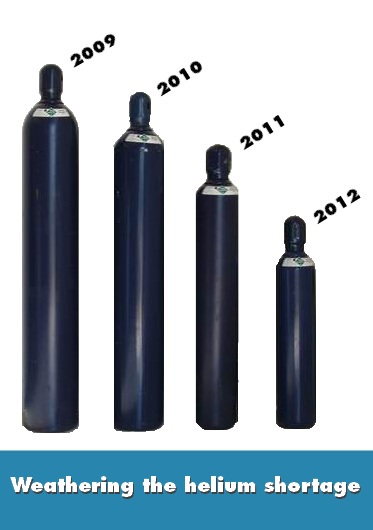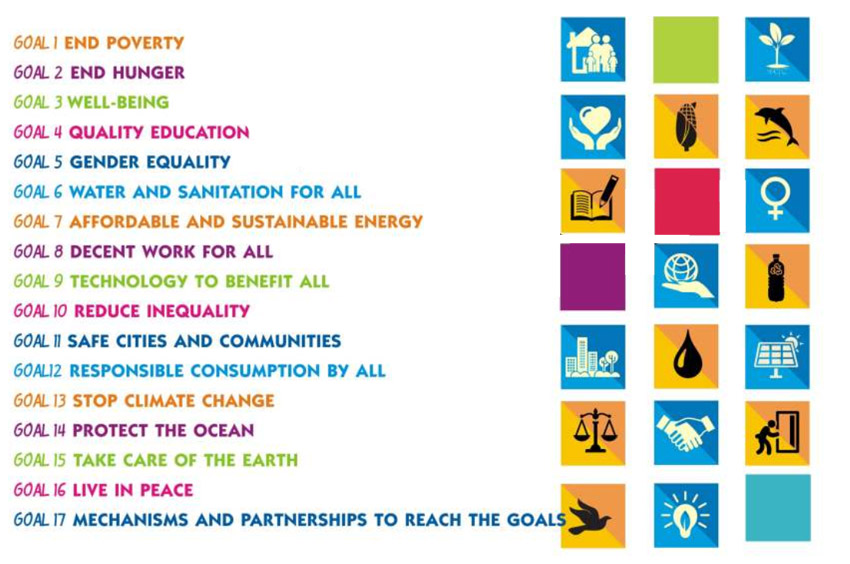Employment
Do you love going to regattas and talking about recycling? Do you think about how to solve plastic pollution issues on a daily basis? Do the abbreviations ISO & GRI make you jump for joy? Then you (or the person that sprang to your mind) may be the perfect candidate for our Sustainability Director position. Click here for more information about the position. The deadline for application is November 16th, so please share with family, friends, and colleagues ASAP!
Student Environmental Center (SEC) is Looking For Two New Student Organizers
Both organizers will work with SEC's Blueprint Coordinator to compile the 2016-2017
Blueprint for a Sustainable Campus. The Blueprint is a document re-written by students each year. It outlines students' visions and actions for on-campus sustainability. Work includes researching topics in sustainability (see Blueprint topics), attending working group meetings, writing and editing. Both positions start Fall quarter and end in June, requiring about 8-10 hours a week. Applicants must have previous experience in a student organization. To apply, email: seclead-group [at] ucsc [dot] edu and indicate SEC Student Organizer Job in subject line.
Green Corps
The mission of Green Corps is to train organizers, provide field support for today’s critical environmental campaigns and graduate activists who possess the skills, temperament and commitment to fight and win tomorrow’s environmental battles. If you're passionate and ready to contribute to the environmental movement, click
here.
Internships
Environmental Studies Internships Open to All Majors
The Environmental Studies Internship Office has many different internship opportunities available for fall. These 2 and 5-unit internships are open to all majors. Review some of the internships and learn how to apply on the Environmental Studies website
here. Contact Chris Krohn for more information and additional internship listings at ckrohn [at] ucsc [dot] edu.
Concerned about our drought? Get involved in rainwater catchment on campus!
A rainwater catchment system is being implemented in Porter dorms where purple pipes will recycle rainwater captured from the rooftop runoff to then be used to flush toilets. Students have the opportunity to work with both on-campus and off-campus engineers and UCSC alum to help design the system and work on incorporating creative approaches that promote and raise awareness for the project both on campus and to the wider community.
A possible paid internship is offered for students interested in helping design drainage systems at Bay View Elementary. To get involved or learn more email khurshma [at] ucsc [dot] edu.
Green Magazine Startup
Join a regional green living magazine startup with Eco-Shift in conducting local market research.
InnerView Intern
InnerView Interns spend a few hours a week (2-4) connecting with student leaders, event organizers and campus staff. They partner and help spread the word about events and programs and help participants get recognition for their activities - all to amp up the good on our campus. Click
here to learn more and to apply.
Volunteering
Bike Santa Cruz County looking for help with bike club at school program
They are currently hosting 2x clubs, one at Mission Hill middle school and one at Branciforte middle school, both in Santa Cruz. Help support these super enthusiastic up and coming pedal-powered climate protectors! Bike Santa Cruz County meets every Wednesday from 1 p.m. to 3 p.m. during the fall and spring semesters at both of the schools mentioned.
Please contact Tawn Kennedy at greenways [at] bikesantacruzcounty [dot] org for more info. No experience necessary.
Grid of the Future Summit on Nov 12th
The Grid of the Future Summit engages energy companies, technology companies, and government agencies in a discussion about the direction for the distributed, data-driven grid of the future.
In exchange for three hours of volunteer service, they would give complementary entry for student volunteers (including our concluding networking reception). Not only is this a tremendous savings, but this would be a great opportunity for students in the energy and environment field to network with industry leaders and to learn a great deal from our case study presentations.
Support Rooftop Solar
Passionate about solar? Take Action with Sunrun Policy by writing a letter to the UPUC Commissioners in support of rooftop solar and net metering in California. Thier letter writing campaign is
here.
Student Environmental Center (SEC)
Their organization is a great way for students to grow as individuals, learn leadership skills, and gain invaluable work experience. Volunteers with the Student Environmental Center learn about current campus projects and policies and have the opportunity to participate or take on leadership roles in many topic areas.
Volunteer at a Campus Garden
Want to get your hands dirty and nurture the plants in our campus gardens? Visit the calendar to find out when garden work days are happening
here.
Get Involved with UC Global Food Initiative
The
UC Global Food Initiative aims to address global issues in the food system. All 10 UCs are working collectively towards this effort to support sustainable agriculture, healthy eating, and food security. UCSC is playing a critical role in this effort with the support of the Center for Agroecology and Sustainable Food Systems. Join a subcommittee and get involved by contacting ucscfswg [at] ucsc [dot] edu.
Conduct Free Local Business Energy Audits
Interested in greening offices and energy conservation? The Green Impact Campaign is a national student-powered movement working to raise awareness of energy consumption. Become part of the movement today and join Green Impact Campaign, here.
The Bike Church Community Repair Shop Seeking Volunteers
Have a knack for cycling, biking and learning to maintain bikes? Interested in learning to divert bike parts from the waste stream? Then this is the opportunity for you! Click here for more information.
Sprout Up Environmental Education Opportunity Sprout Up
Santa Cruz is seeking college student-instructors instructors to deliver free environmental education to 1st and 2nd graders in the Santa Cruz community, cultivating the next generation of passionate caretakers of the earth. Commitment is maximum 3 hours/week for 8 weeks, by UCSC academic quarter. For more information, please contact directorsc[at]sproutup[dot]org, and visit their website at www.SproutUp.org.















